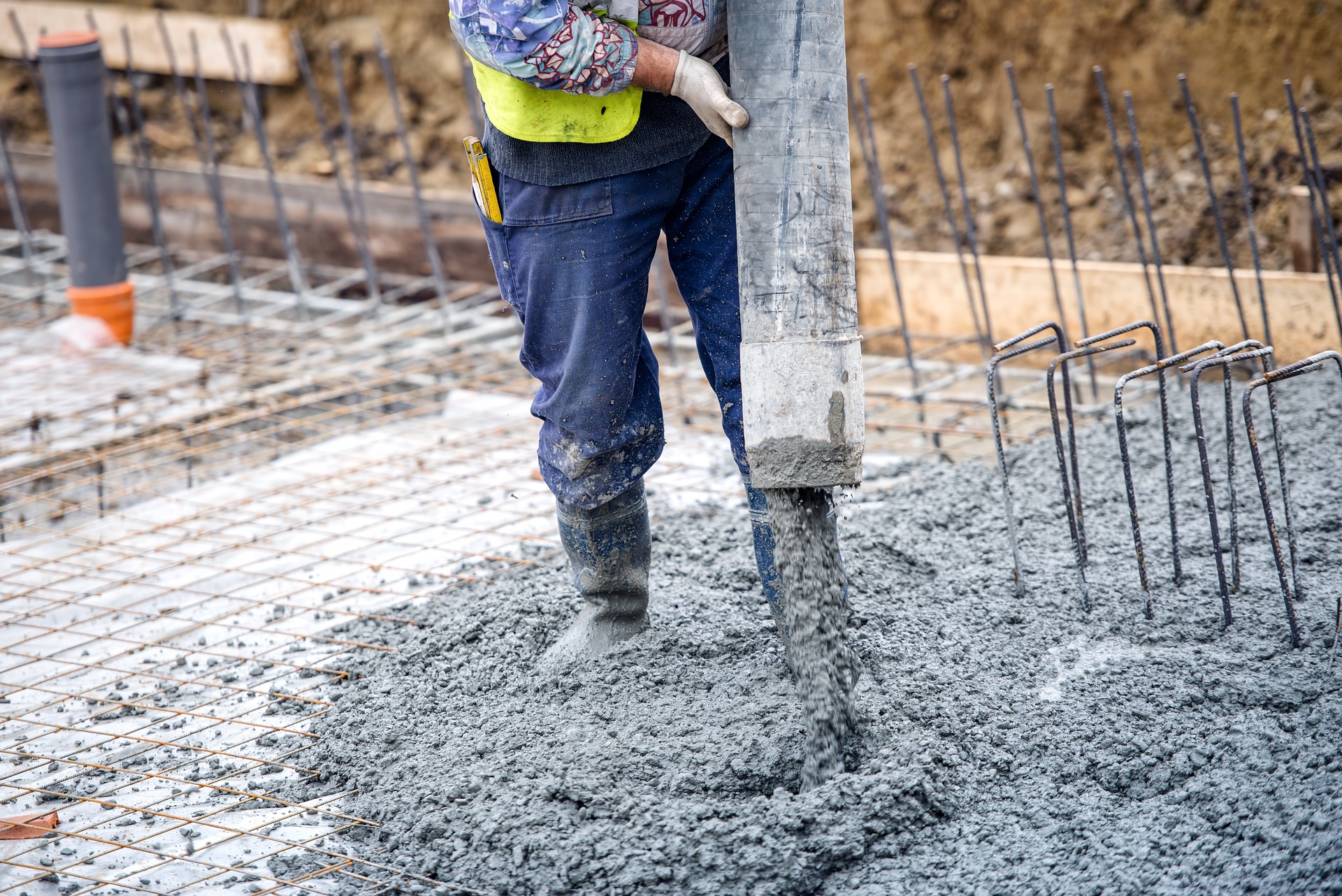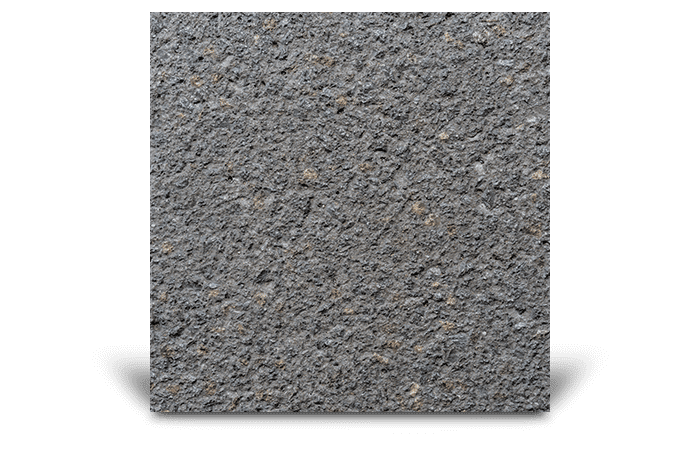Comprehensive Guide to Concrete: From Installment to Completing Touches
Comprehensive Guide to Concrete: From Installment to Completing Touches
Blog Article
Revealing the Eco-Friendly Advantages of Utilizing Recycled Concrete in Sustainable Building And Construction Practices
In the world of sustainable building and construction techniques, the utilization of recycled concrete stands as a crucial yet usually undervalued resource. Beyond its standard applications, recycled concrete offers a myriad of environmentally friendly benefits that expand far beyond the boundaries of standard building and construction materials. From minimizing environmental influence to enhancing cost-efficiency, the ramifications of integrating recycled concrete in lasting building techniques are significant. This functional product not only addresses pushing ecological problems however likewise presents a feasible option to the difficulties faced by the construction industry at big.
Ecological Benefits
Undoubtedly, among one of the most significant benefits of making use of recycled concrete is its favorable effect on the environment. By integrating recycled concrete into construction methods, there is a substantial decrease in the need for new resources, resulting in preservation of natural deposits. This process assists in protecting aggregates, water, and power that would have been used in producing new concrete. In addition, using recycled concrete diminishes the amount of waste being sent out to landfills, therefore lowering ecological air pollution and minimizing the pressure on garbage dump capabilities.

In comparison, recycled concrete has a reduced carbon footprint as it reduces the need for new concrete manufacturing. On the whole, the environmental benefits of utilizing recycled concrete are significant and play an important role in advertising green building and construction approaches.
Cost-Efficiency
When examining the application of recycled concrete in construction projects,Accomplishing cost-efficiency is a paramount factor to consider. One of the key advantages of using recycled concrete is its cost-effectiveness contrasted to standard concrete. The production of recycled concrete involves less power and resources as it uses existing products, minimizing the total project expenses substantially. Furthermore, the availability of recycled concrete in your area can additionally reduce transport expenses, making it a more affordable selection for construction tasks.
In addition, using recycled concrete can bring about cost savings in landfill prices by diverting concrete waste from disposal websites. This not only reduces the ecological effect but additionally eliminates the costs connected with waste elimination. The durability and efficiency of recycled concrete are equivalent to conventional concrete, making certain that cost financial savings do not compromise the quality of the construction.
Sturdiness and Strength
Recycled concrete view it deals similar, if not superior, durability and toughness homes to typical concrete - Concrete. Via improvements in processing techniques and high quality control, recycled concrete can satisfy or surpass the performance requirements of standard concrete.

Waste Decrease
When it comes to making use of recycled concrete, waste decrease is an essential advantage that contributes substantially to ecological preservation. By incorporating recycled concrete into building jobs, this waste is repurposed and diverted from landfills, decreasing the total ecological influence of building activities.
Recycled concrete not only assists in reducing the amount of waste that finishes up in landfills but additionally conserves all-natural resources by reducing the demand for new aggregate materials. This process of waste decrease promotes a round economic situation within the construction industry, where products are recycled and recycled to develop an extra lasting industry. In addition, the usage of recycled concrete can lead to set you back savings for building projects, as it is often extra inexpensive than sourcing and moving new materials. In conclusion, waste reduction through the utilization of recycled concrete is a crucial element of lasting building techniques that benefits both news the building and construction and the environment sector overall.
Energy Conservation
When it comes to utilizing recycled concrete in construction, considerable energy cost savings are attained contrasted to traditional concrete manufacturing. The procedure of producing recycled concrete includes squashing and reusing existing concrete materials, which takes in much less energy than mining, processing, and delivering raw products for brand-new concrete production.
Final Thought
In conclusion, the usage of recycled concrete in lasting building methods uses numerous environmental advantages, cost-efficiency, toughness, toughness, waste decrease, and energy preservation. By integrating recycled concrete into construction projects, we can add to a more eco-friendly and lasting future. It is necessary for the building market to focus on making use of recycled materials to aid minimize the ecological influence of building activities.
One of the vital benefits of utilizing recycled get redirected here concrete is its cost-effectiveness contrasted to conventional concrete.Furthermore, the use of recycled concrete can lead to cost savings in land fill prices by diverting concrete waste from disposal sites. The toughness and efficiency of recycled concrete are comparable to traditional concrete, making certain that cost savings do not endanger the quality of the building.

Report this page